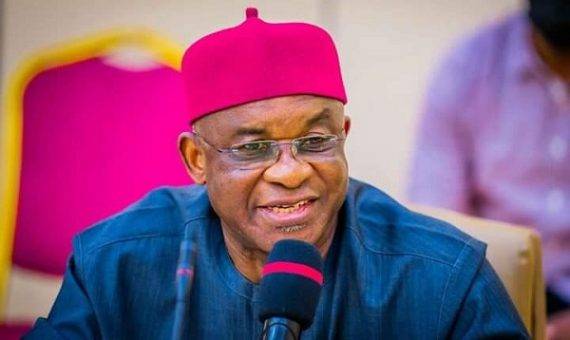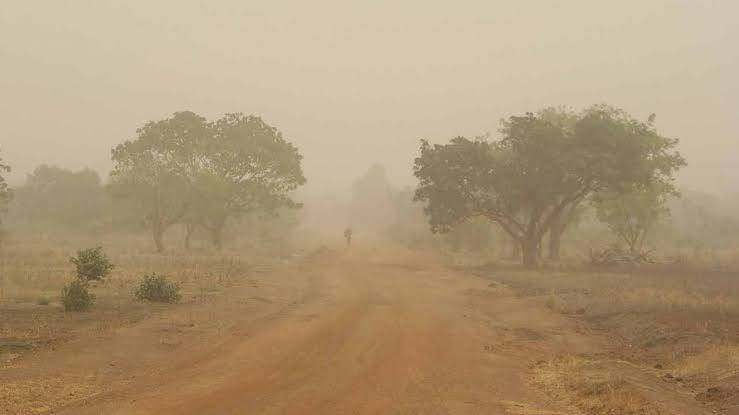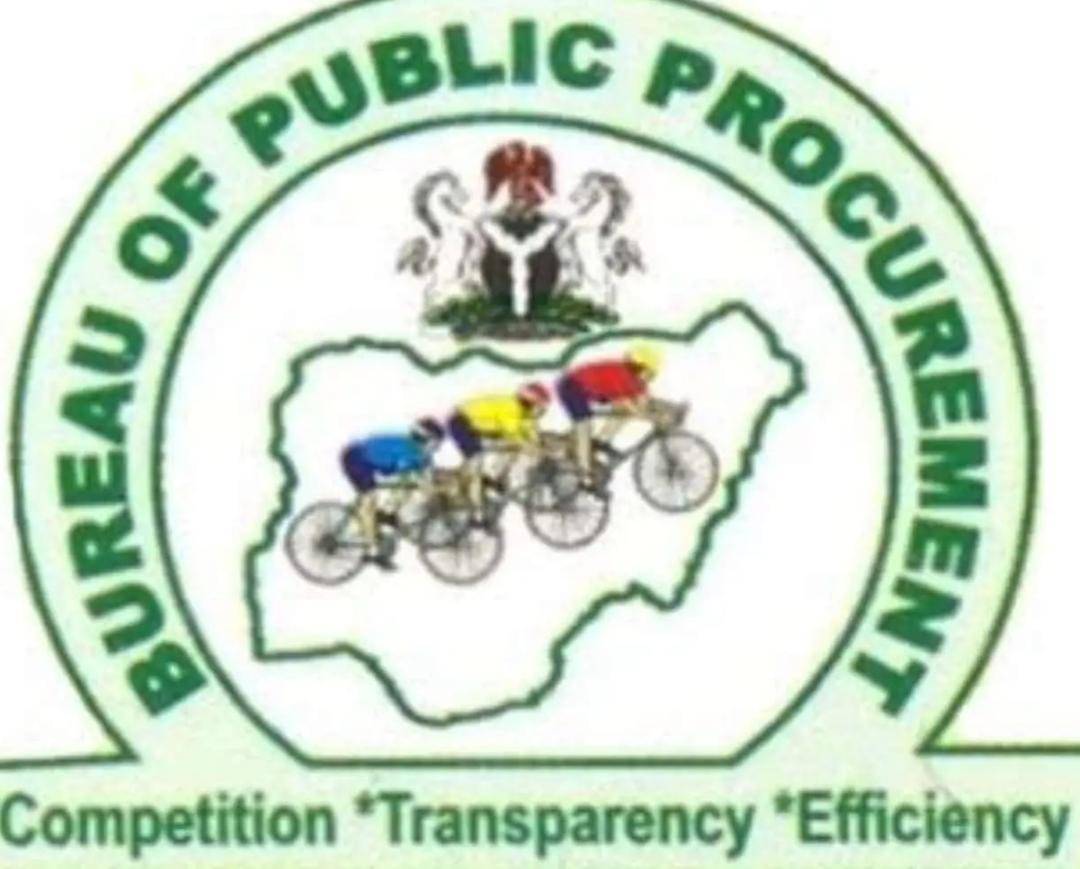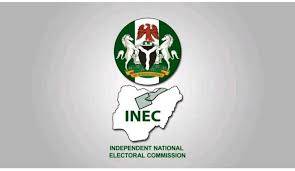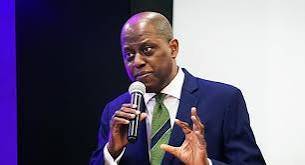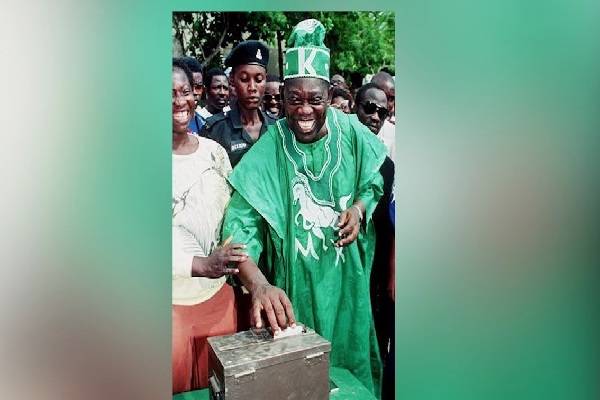By Tatalo Aremu
Several readers of this column have been asking the columnist to comment on current political developments in the country, particularly the gathering of the tribe of the discontented and disaffected under the aegis of the perennially mercantilist and irresponsible party known as ADC. This is a cartel of political courtesans willing to submit and surrender its flag to anybody provided the price is right. The first impulse is to dismiss the whole caucus, minus one or two misguided idealists such as our friend and beloved aburo, Rauf Aregbesola, as a stellar assemblage of crooks, conmen and compulsive carpetbaggers. But that will be sheer emotive diatribe, not in keeping with the stated ethos of this column to always historicize, that is to look analytically at matters arising and view things from a deeper historical perspective.
Consequently, this column will not join in the demonization and stigmatization of Rauf Aregbesola. It offends the deep cannons and ethos of Yoruba Omoluabi culture to pour public scorn and invectives on a person with whom you have shared deep fraternal bonding. A quirky, cerebral and intensely competitive fellow, Rauf loves to argue and contend at the highest dialectical level. An early sticking point was how to wean Rauf off his romantic idealization of the eponymous Soviet worker and his insistence on transposing this mythical personage to the Osun subsoil. As a person on ground, one had impressed it on the then governor that unlike his idealized Soviet worker with his promethean feats of endurance and self-denial in the service of a greater cause, the Osun people are joyous royalist regicides who brook no nonsense from any overreaching ruler.
Under any draconian rule, they will chafe first in polite disavowal before embarking on a wholesale rebellion. This insistence on ramming unpalatable choices down the throat of a fiercely independent and freedom loving people has led to a political catastrophe in the state. When news of his political rebellion against his boss and benefactor began filtering out, God knows how many times one remonstrated with the erstwhile governor now minister which included two private trips to Abuja. On one occasion on a major Muslim holiday, the two of us were huddled together in his Abuja home in fierce contention for about four days. Alas, it was all to no avail as one of the greatest mobilisers of his generation appears to have crossed the Rubicon. We do not know what his former master knows, being a master gamesman in this deadly political polo, rumours swirled around that his boy had succumbed to combination of Fulani tira and even more potent political treachery.
This lethal potion is normally administered on notable Yoruba politicians who are stranded by choice, feeding them with the illusion that as better Muslims and more competent administrators, they are more acceptable choices than their leaders where it mattered most. At the tail end of the Second Republic, the rumour was rife that a famous disciple and aspiring clone of Chief Awolowo was about to succumb to the deadly diet before the military intervened. But he was to meet his comeuppance in not too dissimilar circumstances exactly ten years after.
This is the stuff of another epic tragedy being enacted before our very eyes. It is not that a leader cannot or must never be deposed. But apex followership in a fraught multi-ethnic nation demands its own obligations, visionary sacrifices and political savvy. As we have seen in the Awolowo and Abiola saga, the Yoruba people have developed a sense of permanent siege in the roiling postcolonial coliseum that Nigeria has become and no matter the failings and the vulnerabilities of their subsisting arrowhead, the people never forget or forgive leaders who desert the trenches, particularly if they do not represent a clearer pathway to freedom and emancipation from the hell that is Nigeria. According to a Yoruba proverb, it is the stick at hand that one must use in killing or warding off a menacing snake. Unfortunate as it is for a nation aspiring to an organic cohesion of values, the ethnicization of politics among Nigeria’s major nationalities is a reflection of our badly skewed federal arrangement. In the absence of a pan-Nigerian avatar, the ethnic menagerie will survive until competing and countervailing ethnicities exhaust themselves either within the current nation space or without it.
Before moving to the broader historical sweep, this is the political and sociological context to view current political developments, particularly the gale of defections and the berthing of notable refugees and other wayfarers in ADC. It has been said that Nigeria is a country of one major drama per day. But a lot of this is unproductive drama enacted for the entertainment of bemused and bewildered masses and spectators alike. Before now, it was the threat of a one-party state that had preoccupied the political imagination of the average Nigerian. The dramatic emergence of the ADC coalitionists suddenly changed all that jolting the ruling party out of its lethargic and self-absorbed complacency. Some APC topnotches were beginning to sound like the APP decamp who famously proclaimed a sixty year Reich for the PDP. This is what the lack of a viable opposition does to dominant political parties.
In a sense then, there is a ring of inevitability about the emergence and structuring of the ADC. The problem with a murky pool is that it can only throw up muck. With the badly wounded PDP heaving in terminal trauma, there was bound to be some consequences. As this column has noted several times, Nigeria is too volatile, too combustible to naturalize a one-party state. But if there is some inevitability about the emergence of the ADC as a behemoth umbrella, there is also something eerily unsettling about the lack of freshness and originality in its form and format, its obsession at this early stage with post and preferment and the startling absence of any emancipatory zeal and vigour.
You cannot give what you don’t have. It is a combination of farce and tragedy. This is the surviving rump of a supplanted post-military hegemonic coalition exhausting its historic and political possibilities in full public glare. It is a measure of how far its putative leader, Brigadier David Alechenu Mark, himself has journeyed down the road to political infamy. Forty two years ago Mark’s name travelled round informed circuits as the mastermind of a looming putsch by radically disaffected junior officers who were bent on terminating the mess and embarrassment the Second Republic had become. That was before their conservative seniors stepped in to preserve the dominant ethos. Now, he is heading a conservative gathering of political desperadoes after his antidemocratic hell-raising during the June 12 debacle.
Political hegemonies are made of sterner stuff. It has never been a pounded yam and bush meat party. There are rumours however that acutely aware of its electoral deficits, its unpopularity with the wider masses and its lack of strategic and organizational acumen, the ADC innermost caucus are not actually gunning for an outright victory but seeking for a massive disruption of the electoral process which will eventuate in anomie and a total breakdown of law and order in the country. They will be hoping that their anti-democratic exertions will feed on and in turn be fueled by the rising wave of insecurity in the nation, the growing political discontent among segments of the elite whose federal feeding bottle has been taken away and the undeniable apocalyptic hunger in the land. It will be left to economic historians of the future to determine how measures taken to boost the economy and to reprieve the nation from certain fiscal collapse could also engender catastrophic political consequences in an ethnically polarized nation with contrasting and countervailing modes of production. This is where President Tinubu will face his stiffest political test in the coming months as elections almost two years away begin to assume a disproportionate centrality in the affairs of the nation. A famished soul is the devil’s ultimate play station. As far as the generalized masses of impoverished people are concerned, all the number-crunching about economic growth and promising indices of recovery are nothing but elite games of figures without any direct relevance to their parlous condition.
Hegemony is structured domination over a period of time by a group, a people, a party or an organization. The domination is often so complete and “natural” that it rarely resorts to force, violence or coercion to impose its order and authority. The bane and tragedy of post-independence politics in Nigeria is that those who have shown themselves to be masters of hegemonic domination have not shown the same mastery in nation-growing or inclusive and egalitarian development. Hence the constant slide into decline and anomie as seen in the First, Second and Third Republics.
Among the first crop of leaders thrown up in postcolonial Nigeria, the late Ahmadu Bello remains in a class of his own. He was a master of hegemonic politics. Through sheer heft of number, he was able to bluff his way and browbeat the other two regional rivals into substantial compliance. Through strategic gaming and brilliant bridge-building, he managed to weld a disparate and amorphous region into substantial cohesion turning it in the process to a forbidding and formidable threat to genuine federalism. But he was no visionary national avatar. His was not a pan-Nigerian vision of an all-inclusive economic growth and egalitarian emancipation but a northern-based subordination of modern citizenship to feudal subjecthood. Towards the end of it all with the Tiv forcibly subdued, with the west in conflagration and the east chafing from coerced cohabitation, the nation was sliding into anomie and it was left to Igbo artillery to break the political deadlock with ruinous consequences. With no lesson learnt, the Second Republic was upended by soldiers after economic and political profligacy buoyed by a sense of feudal entitlement pushed the nation in the direction of anarchy and chaos.
Discounting the aborted Third Republic which summarily imploded as a result of military overreach based on a narrow and circumscribed regional ethos, it is now obvious that if care is not taken the Fourth Republic faces very much the same grim prospects. The fraught and contradictory ensemble of strange bedfellows which produced the APC has been fraying at the edges since the advent of General Buhari and his divisive proclivities. But they often manage to patch things up. However, the gathering clouds this time around appear very portentous. Tinubu is a dogged fighter; a heavyweight bruiser in the classic American tradition. But it is not clear whether in the shifty and treacherous quicksand of Nigerian politics, he has managed to stitch and cobble together a sturdy hegemonic coalition which can withstand adversarial pressures.
In a sense, it is beginning to feel as if we are back in the First Republic but with reverse dynamics. In the First Republic, a hegemonic project of political domination without an agenda for an all-inclusive national development and genuine elite harmony led to a fiasco. This time around, a push for an all-inclusive economic transformation of the nation relying on an artificial elite integration may well backfire on all of us. The historical process with its underlying morbidities often transcends individual actors however important or self-important. We must hope for inclement weather.
Culled from The Nation


